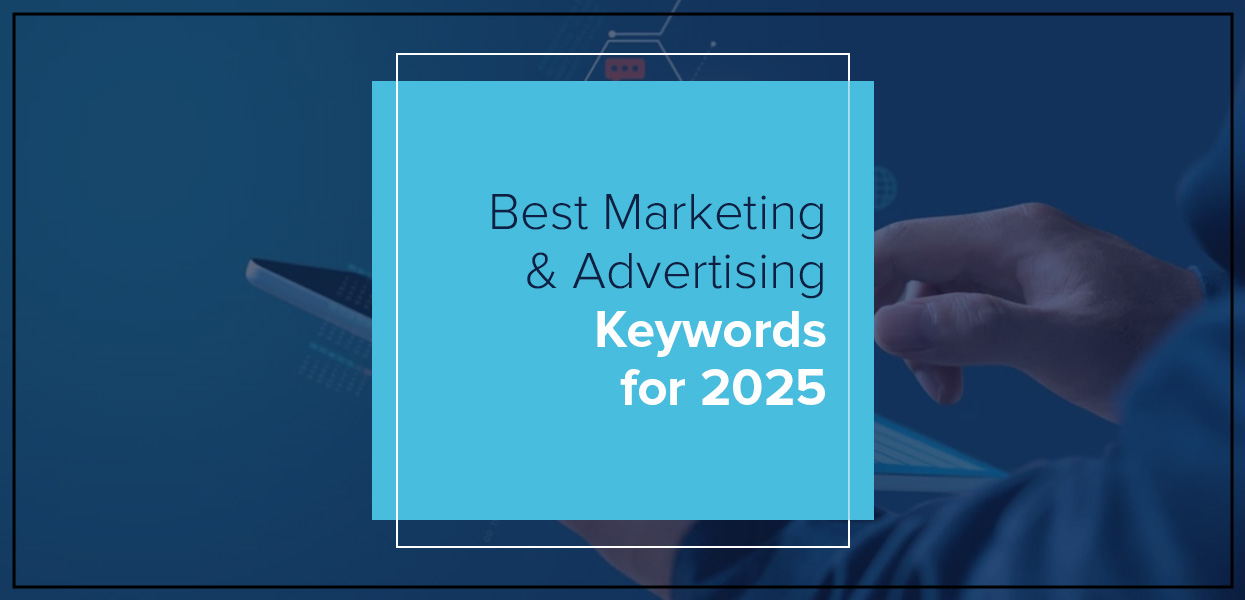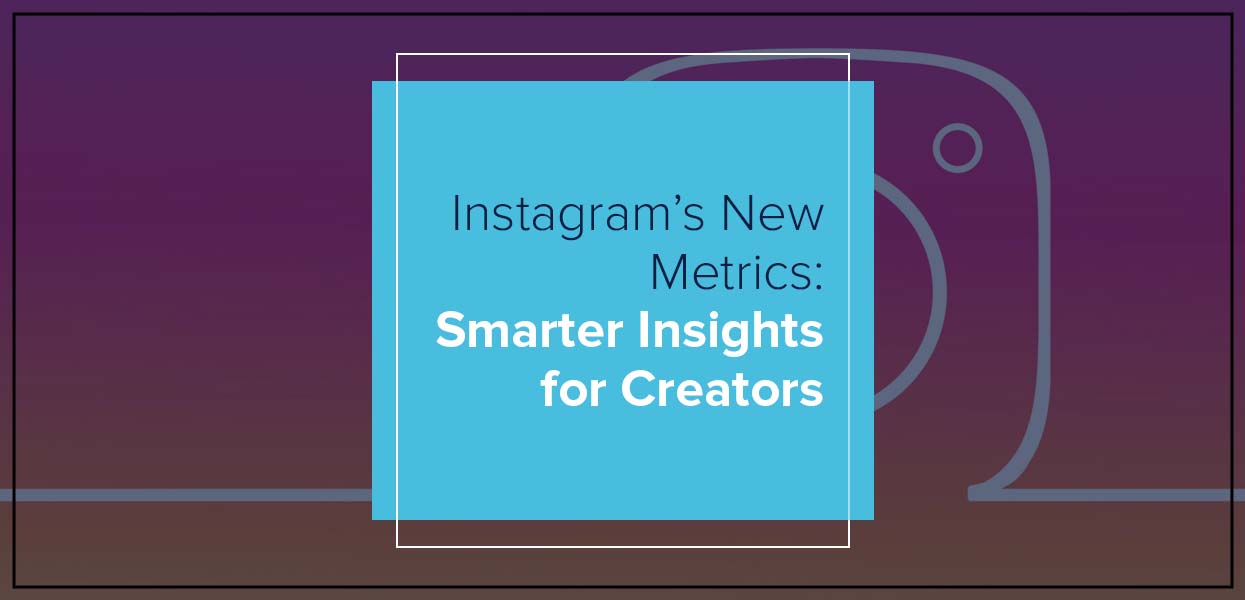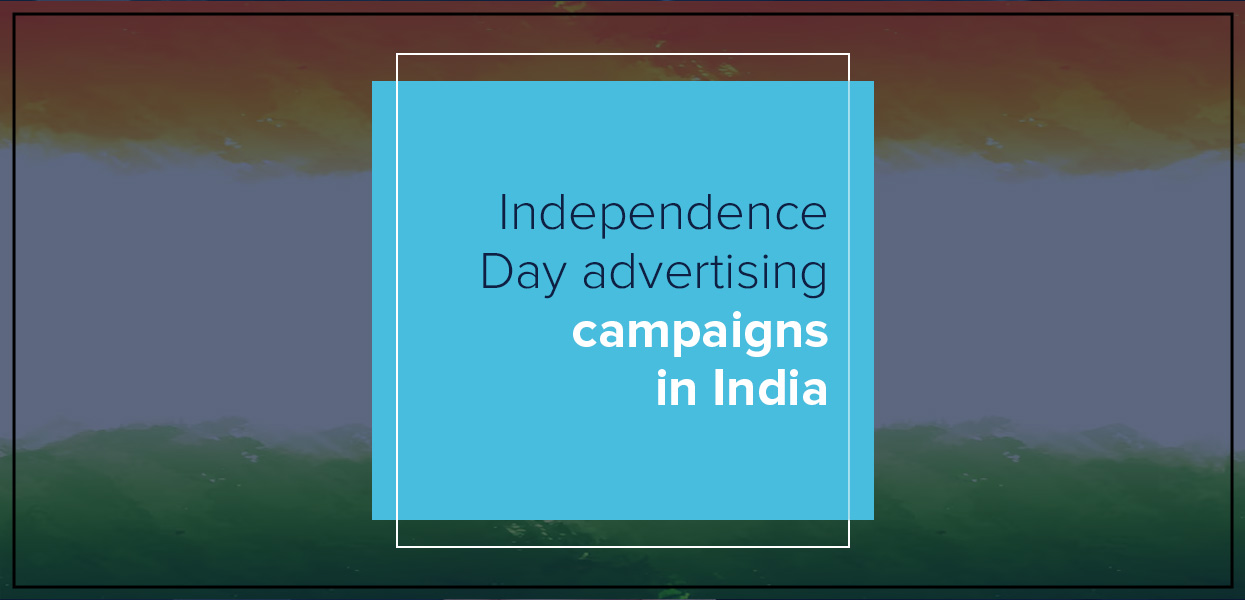How much does Google Ads cost per click?

The average cost-per-click (CPC) for Google Ads is around $1 to $2 on the Search Network, but it can be lower on the Display Network. The most competitive keywords can cost significantly more, potentially $50 or even higher per click. The exact cost depends on factors like industry, keyword competitiveness, and ad quality.
It’s no surprise that one of the most common questions before launching a Google Ads campaign is:
“How much will each click actually cost?”
This isn’t just a budgeting concern—it’s a critical decision point for anyone involved in online advertising. Whether you're a business owner trying to make every marketing dollar count or a marketing expert optimizing ongoing campaigns, understanding the mechanics behind CPC is key to success.
Throughout this guide, we’ll explore what affects CPC rates, how they vary by industry, and how a skilled digital marketing consultant can help lower costs while maximizing returns.
If you're aiming to improve ad performance and ROI—either for your own brand or for your clients—you’re in the right place.
What Is Cost-Per-Click (CPC) in Google Ads?
Cost-per-click (CPC) is the amount an advertiser pays every time a user clicks on their ad. This model is central to Google Ads, especially in Search and Display campaigns, and is often referred to as pay-per-click (PPC) advertising.
When you set up a Google Ads campaign, you choose how much you’re willing to pay for a click—this is called your maximum CPC bid. However, the actual CPC you pay is often lower than your max bid. Google uses an auction system to determine ad placement and cost, factoring in:
Your bid amount
Ad Quality Score
Competitor bids
Relevance of your landing page
Expected impact of ad extensions
Let’s say you bid $2 for a keyword. If your ad wins the auction but only needs $1.25 to outrank competitors, you’ll only pay that amount.
For a digital marketing consultant, understanding this system helps fine-tune ad strategies to reduce costs while maintaining performance. They can analyze the ad structure, keyword quality, and bidding strategies to achieve optimal outcomes with lower CPC.
Google also offers two primary bidding methods:
Manual CPC Bidding – You set your own bid amounts for individual keywords or ad groups.
Automated Bidding – Google adjusts your bids automatically to get as many clicks as possible within your set budget.
CPC is not just about price—it’s about value per click. Knowing how much you're willing to pay and what a click is worth to your business is a critical part of smart ad management.
Factors That Influence CPC in Google Ads
Understanding what affects your cost-per-click (CPC) is essential for any marketing expert or digital marketing consultant aiming to optimize ad spend and improve campaign ROI. Several key factors influence how much you pay per click:
1. Industry and Keyword Competitiveness
Some industries are more competitive than others. For example, finance, insurance, legal services, and healthcare keywords often have higher CPCs because many businesses bid aggressively in these sectors. On the other hand, niche or local markets may have lower CPCs due to less competition.
2. Quality Score
Google assigns each keyword an Ad Quality Score based on:
Relevance of your ad to the keyword
Expected clickthrough rate (CTR)
Landing page experience
A higher Quality Score usually means lower CPC because Google rewards ads that provide better user experience.
3. Bid Strategy
Whether you use manual CPC bidding or automated bidding strategies, your approach can influence CPC. Skilled business consultants or digital marketing experts know how to leverage bidding options like Enhanced CPC (ECPC) or Maximize Clicks to control costs effectively.
4. Ad Rank
Your Ad Rank—a combination of your bid, Quality Score, and expected impact of ad extensions—determines where your ad appears. A better Ad Rank can lower your CPC while improving ad position.
5. Device and Location Targeting
CPC can vary based on the device (desktop vs mobile) and geographic location of your target audience. For example, clicks from users in urban areas or on mobile devices might cost more due to higher competition.
6. Time and Day of Week
At certain times or days may see higher CPCs because of increased advertiser competition. For instance, retail businesses often experience higher CPCs during holiday seasons or peak shopping hours.
Average CPC Rates by Industry
Knowing the average cost-per-click (CPC) in your industry can help set realistic expectations and budget accordingly. CPCs vary significantly depending on demand, competition, and customer value.
Legal Industry
The legal sector often faces some of the highest CPCs. Keywords related to areas like personal injury or criminal defense are extremely competitive because each client can be highly valuable.Finance and Insurance
Banking, loans, and insurance industries frequently experience higher CPCs. The potential lifetime value of a client in these fields justifies increased bid amounts.Healthcare and Medical
Healthcare-related searches, such as urgent care or dental services, tend to have moderately high CPCs. Many healthcare providers invest significantly in ads to attract new patients.eCommerce and Retail
CPC in eCommerce fluctuates depending on the product category and time of year. Branded keywords and high-intent purchase terms can increase costs during peak shopping seasons.Real Estate
Real estate keywords related to home buying and renting typically have a higher CPC. Effective geographic targeting and smart bidding strategies are essential in this competitive field.B2B and SaaS
B2B and software-as-a-service markets see CPCs that reflect the professional and decision-maker audience. Terms targeting business solutions or software tend to be competitive but valuable.
Understanding these industry trends can help a marketing expert or digital marketing consultant set realistic budget expectations and craft campaigns that align with market demands.
Google Ads Cost Benchmarks by Campaign Type
The cost-per-click (CPC) in Google Ads isn't one-size-fits-all—it changes based on the campaign type you're running. Knowing the average CPC for each format helps you optimize your ad strategy and allocate your budget wisely.
1. Search Ads
This is where most advertisers start. Search campaigns target users actively searching for specific keywords.
Average CPC: $1–$2
Best for: High intent conversions
Ideal for business consultants looking to reach users ready to take action, such as booking a service or requesting a quote.
2. Display Ads
Google Display Network (GDN) shows ads across millions of websites, apps, and videos.
Average CPC: $0.20–$0.50
Best for: Brand awareness and retargeting
Great for digital marketing consultants aiming to stay top-of-mind through remarketing strategies.
3. Shopping Ads
These are essential for e-commerce businesses looking to showcase products visually in search results.
Average CPC: $0.50–$1.00
Best for: Online stores promoting physical products
Works well when product feed optimization is handled by a marketing expert who understands both visuals and bidding.
4. App Promotion Ads
Designed to increase app installs and usage through the Google App Campaigns platform.
Average CPC/CPA: Varies widely based on niche, often optimized for CPI (cost-per-install)
Each campaign type has its own benchmarks, and choosing the right one depends on your goals, whether you're a business owner, consultant, or brand looking to scale.
Factors That Influence Google Ads CPC
Understanding what drives your cost-per-click (CPC) is crucial for building profitable campaigns. Whether you’re a digital marketing consultant managing multiple accounts or a business owner setting up your first ad, these are the key variables that determine your CPC.
1. Keyword Competitiveness
Highly competitive keywords—especially in finance, law, or health—can drive CPCs well above average. For example, terms like “insurance,” “lawyer,” or “mortgage” often cost $50+ per click.
Tip: Use long-tail keywords and location-based phrases to lower costs while maintaining intent.
2. Industry Type
Different industries have different average CPCs. Sectors like retail may pay under $1 per click, while legal or B2B tech fields can exceed $20.
Why it matters: A marketing expert in your niche will already know industry-specific benchmarks and can tailor strategies accordingly.
3. Quality Score
Google rewards relevant, well-structured ads with lower CPCs through its Quality Score system. This score is based on:
Expected CTR
Ad relevance
Landing page experience
Higher Quality Scores = lower CPCs + better ad placement.
4. Ad Rank & Bidding Strategy
Google Ads uses a combination of your bid and Quality Score to determine Ad Rank. Even if you’re not the highest bidder, a high-quality ad can outrank others at a lower CPC.
Consider using Enhanced CPC or Target CPA strategies for smarter bidding.
How to Reduce Your Google Ads CPC Without Compromising Results
Lowering your cost-per-click (CPC) doesn’t mean sacrificing ad performance. With the right strategy, you can cut costs while increasing conversions. Whether you're a seasoned business consultant or a startup navigating paid marketing, these tactics can help:
1. Improve Your Quality Score
Google favors relevant, high-performing ads. A strong Quality Score directly reduces your CPC. Focus on:
Writing compelling, keyword-rich ad copy
Matching landing pages closely with ad content
Increasing your expected click-through rate (CTR)
Higher Quality Score = Lower CPC + Better Ad Rank.
2. Use Long-Tail Keywords
Generic keywords cost more. Instead, target long-tail keywords like “affordable marketing consultant for startups” or “best digital agency in delhi.” They’re less competitive and more conversion-focused.
3. Optimize Ad Scheduling
Analyze your campaign data to identify high-converting days and hours. Run ads only during those times to maximize ROI and eliminate wasted spend.
4. Adjust Device and Location Bids
If mobile clicks are more expensive but don’t convert well, lower your bids for mobile. Similarly, geo-target areas with better ROI and reduce bids in low-performing regions.
5. Use Negative Keywords
Block irrelevant traffic by adding negative keywords. This prevents clicks from users who are unlikely to convert, improving ad relevance and CTR.
Is a High CPC Always Bad? Understanding ROI
A high cost-per-click (CPC) isn’t necessarily negative. What truly matters is your return on investment (ROI). If each click leads to a valuable conversion or sale, paying more per click can be justified.
For example, a business consultant or digital marketing consultant might pay a higher CPC for keywords like “business growth strategy” because those clicks often turn into high-value clients.
Focus on the quality of traffic and conversions rather than just the CPC number. Efficient campaigns balance cost with results, ensuring your ad spend delivers profitable outcomes.
When Should You Hire a Marketing Expert or Business Consultant for Google Ads?
Running a successful Google Ads campaign requires more than just setting a budget—it demands strategic planning and ongoing optimization to manage your cost-per-click effectively. If you’re a business owner who wants to get the most out of your ad spend but feels overwhelmed by the complexities of Google Ads, it’s the perfect time to consider hiring a marketing expert or digital marketing consultant.
These professionals bring the expertise to fine-tune your campaigns, improve ad performance, and ultimately increase your return on investment. Whether you’re just starting out or looking to scale your paid advertising efforts, partnering with an expert can save you money and drive better results.
Investing in expert guidance can transform your Google Ads from a costly experiment into a powerful growth engine for your business.
If you’d like guidance on building effective Google Ads campaigns tailored to your business goals, Uniworld Studios is here to help you navigate the digital marketing landscape with confidence.
FAQs
1. How much do Google Ads cost in 2025?
Costs vary, but average CPC ranges from $1 to $2 on the Search Network, depending on industry and competition.
2. How much do Google Ads cost?
Google Ads pricing depends on your industry, keywords, and strategy, with CPCs starting as low as a few cents.
3. What is the cost of Google Ads in India?
In India, the average cost-per-click (CPC) typically ranges from ?5 to ?25, depending on industry and keyword competition.
4. How much does a Google ad cost?
Based on targeting and market demand, Google Ads can cost anywhere from a few cents to several dollars per click.
5. How much do ads cost in India?
Ad costs in India vary by platform and niche, but Google Ads often start as low as ?5 per click with flexible budgets.
Categories
- Digital Marketing
- Website Development
- Graphic Design
- Content Writing
Latest Posts
-
- Essential Marketing & Advertising Keywords 2025



